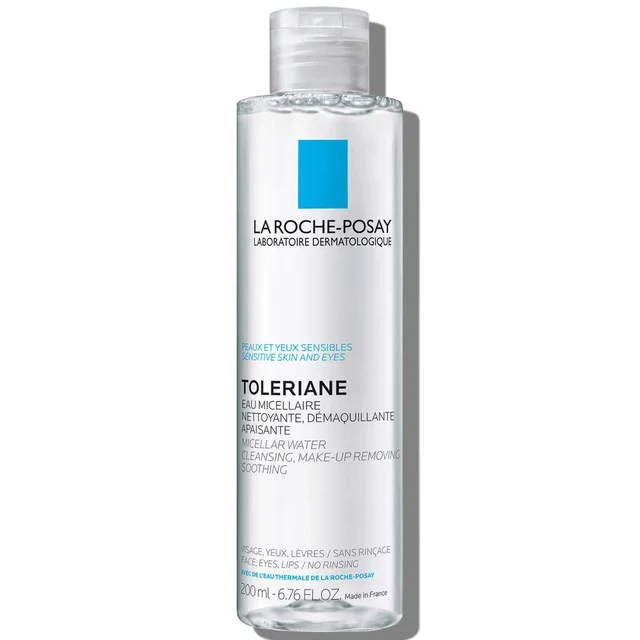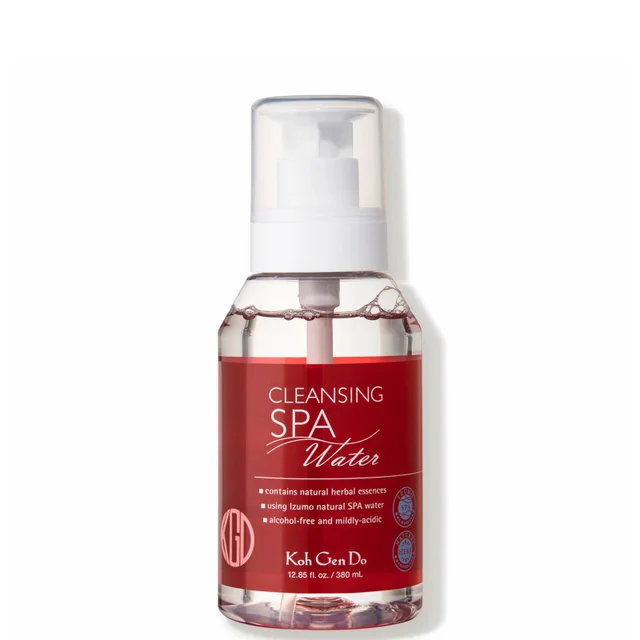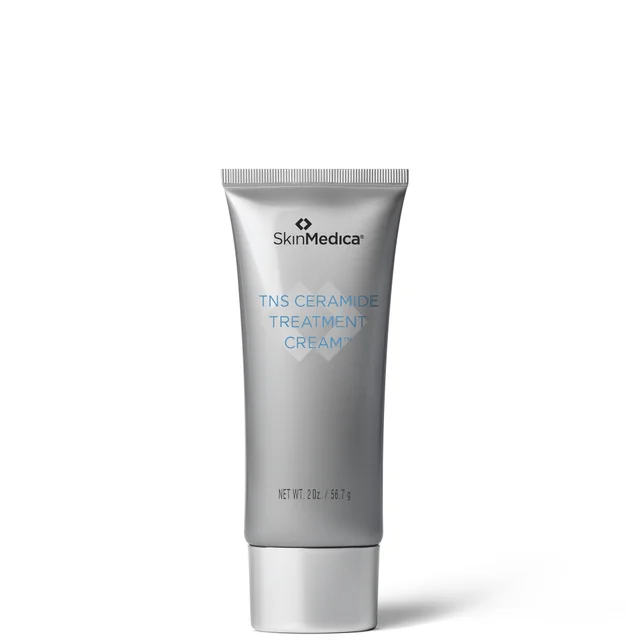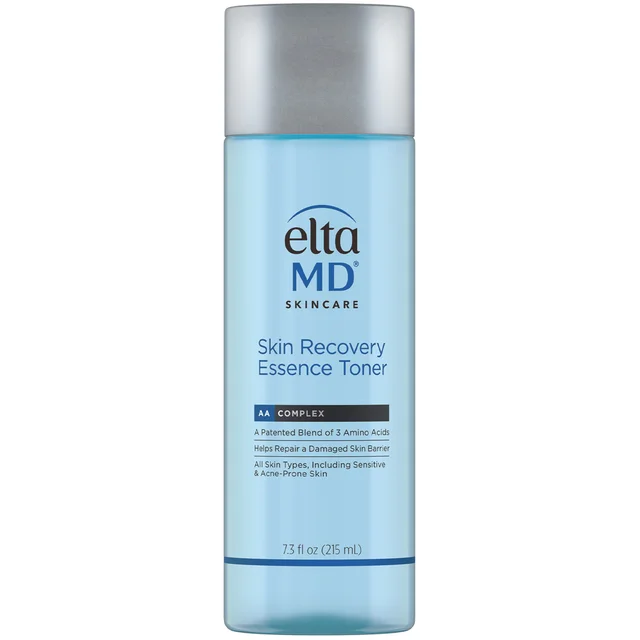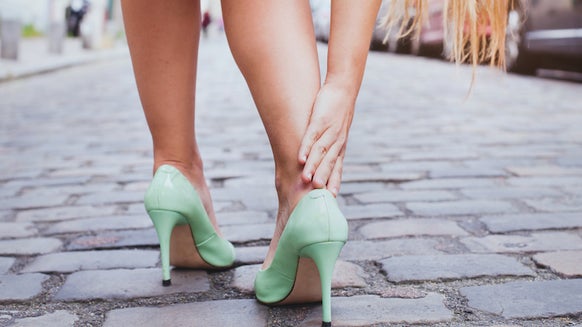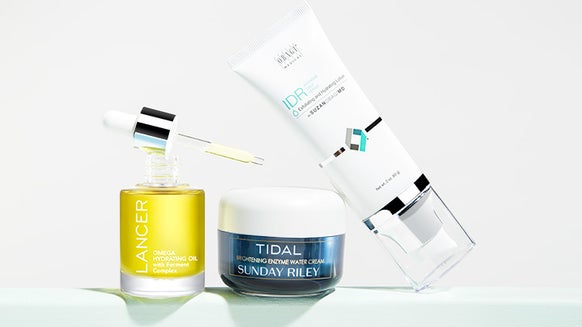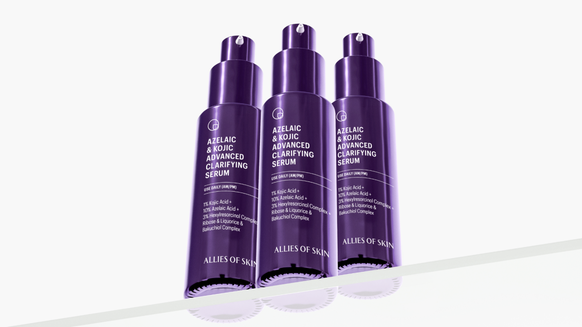Are Saunas Good for Your Skin? A Dermatologist Breaks it Down
January is the perfect time of year to start a new wellness ritual or positive habit in your life. As one of my new years’ resolutions is to go to the sauna more often for my overall wellbeing, it got me to wonder…. are saunas truly good for your skin? In the pursuit of skincare investigative journalism, we consulted with dermatologist Dr. Ashley Magovern to get her perspective on sauna FAQs:
Meet the Expert:
- Dr. Ashley Magovern - Board-certified dermatologist and member of Dermstore's Medical Advisory Board
SAUNA FAQs
Are Saunas Good for the Skin?
“Saunas can be beneficial for your skin, but their effects depend on how you use them and your skin type. The heat from saunas can improve circulation and promote a healthy glow, but overuse or improper care can lead to dehydration or irritation.”
How Do Saunas Affect the Pores?
“Saunas open up your pores by increasing skin temperature and inducing sweating. This helps loosen dirt, oil, and debris trapped in your pores, which can make your skin feel cleaner and refreshed. However, it’s important to cleanse your face after a sauna session to avoid re-clogging pores as sweat and impurities cool and settle.”
Do Saunas Help Clear the Skin?
“Yes, saunas can help clear the skin by promoting sweating, which can flush out toxins and impurities. This process may help reduce blackheads and acne in some people. However, for those with very oily or acne-prone skin, sweat can mix with sebum and potentially clog pores if not properly cleansed post-sauna.”
What are the Benefits of Saunas for the Skin?
“3 main benefits of saunas are increased circulation, detoxification, and relaxation:
Improved Circulation: The heat stimulates blood flow, delivering oxygen and nutrients to the skin, which can improve its overall health and radiance. Detoxification: Sweating can help eliminate toxins and impurities, leaving your skin feeling refreshed. Relaxation: The stress-relieving benefits of saunas indirectly improve skin health by reducing stress-related skin issues like acne or eczema flare-ups. ”
Are Saunas Safe for all Skin Types?
“Dry or Sensitive Skin: The intense heat and sweating can cause dehydration or irritation. Limit sauna use and follow up with a hydrating routine.
Oily or Acne-Prone Skin: Saunas can help clear pores but may also exacerbate acne if sweat isn’t cleansed off thoroughly.
Rosacea or Skin Conditions: People with rosacea or similar conditions should avoid saunas, as the heat can trigger flare-ups and increase redness.”
Can Saunas Improve Circulation?
“Yes, saunas significantly improve circulation, which benefits skin health by delivering nutrients and oxygen more effectively. This increased blood flow can help repair skin damage, promote collagen production, and enhance the skin’s natural glow.”
Do Saunas Age the Skin?
“Saunas themselves do not directly age the skin, but overuse can contribute to dehydration and break down collagen over time if proper precautions aren’t taken. To minimize risks:
Stay Hydrated: Drink water before and after sauna sessions. Limit Exposure: Stick to 10-20 minute sessions a few times a week. Moisturize: Use a good moisturizer after your sauna to replenish lost hydration.”
RED Light and Infrared Saunas: Additional Benefits?
“Red light and infrared saunas offer unique benefits for the skin. I'm a huge fan of infrared saunas, and if you can find one with red light as well, even better. Unlike traditional saunas, they use light to penetrate deeper into the skin layers, providing:
Enhanced Collagen Production: The infrared wavelengths stimulate fibroblasts, boosting collagen production to reduce fine lines and improve skin elasticity. Improved Healing: Red light therapy can accelerate wound healing and reduce inflammation, making it ideal for people with sensitive or acne-prone skin. Deeper Detoxification: Infrared heat promotes sweating at a lower temperature, helping to eliminate toxins without the intense heat of traditional saunas. Even Skin Tone: Regular use may help reduce hyperpigmentation and improve overall skin tone and texture.”
Pre-Sauna Prep
Now before you step into the sauna- it’s important to remove all your makeup and cleanse the skin thoroughly to start with a fresh canvas. Look for micellar waters, facial cleansers, and makeup wipes that are packed with high-performing ingredients to hydrate and strengthen your skin barrier without clogging your pores. Here are a few of my picks for a pre-sauna skincare prep:
La Roche-Posay's Toleriane Micellar Water
La Roche-Posay's Toleriane Micellar Water is a gentle formula to cleanse and tone skin, removing even long-wear makeup. This dermatologist approved, oil-free formula is easy to apply over face, eyes, and lips with a cotton-pad, with no rinse necessary.
Key Ingredients: Glycerin, Thermal Spring Water
Koh Gen Do's Cleansing Spa Water
Koh Gen Do's Cleansing Spa Water is a fabulous micellar water drawn from the Yumaru hot springs in Japan, known for purifying pores and removing makeup. Its mineral- rich formula is blended with botanical extracts of sage, lavender, rosemary, mint and ginger so you feel that self-care spa day level of relaxation right from the very start!
Key Ingredients: White Birch Sap, SPA water
Elemis' Pro-Collagen Naked Cleansing Balm
Elemis' Pro-Collagen Naked Cleansing Balm is a unique 3-in-1 cleanser, formulated as a balm to melt away makeup, cleansing oil to nourish, and milk to hydrate skin. This product is a cult classic with its transformative properties to easily removes daily grime and makeup.
Key Ingredients: Elderberry Oil, Optimega Oil, Padina Pavonica
Hydropeptide’s HydroActive Cleanse Micellar Facial Cloths
Hydropeptide’s HydroActive Cleanse Micellar Facial Cloths are easy-to-use if you are on-the-go, as you can toss this multi-pack in your bag and share with any pals that don’t have their full cleansing routine at the ready in the locker room. The towelettes are made with micellar water too, so you can rest assured that your skin is cleansed, nourished, and protected.
Key Ingredients: Micellar Water, Hydro18™ Activated Water, Hydrolyzed Collagen
Post-Sauna Revitalization
After you are feeling relaxed (and sweaty) it’s important to revitalize and replenish your skin. As your pores have been opened, opt for nutrient-rich oils, serums, and moisturizers that are soothing and full of antioxidants. Post-sauna skincare selects below:
iS Clinical's Hydra Cool Serum
iS Clinical's Hydra Cool Serum is a hydrating formula that is perfect to cool off after the heat of the sauna. The serum keeps skin cool, calm, and collected with antioxidant protection and powerful bionutrients.
Key Ingredients: Vitamin B5, Hyaluronic Acid, Mushroom, Centella Asiatica
Skinmedica's TNS Ceramide Treatment Cream
Skinmedica's TNS Ceramide Treatment Cream is a ceramide-rich moisturizer to heal and restore skin’s moisture barrier. This is an amazing choice for dry and dehydrated skin, while also stimulating collagen production to minimize the appearance of fine lines and wrinkles.
Key Ingredients: Tripeptide, Vitamin A, Ceramide
EltaMD's Skin Recovery Toner
EltaMD's Skin Recovery Toner is the go-to toner for soothing skin and restoring skin barrier. The gentle formula is safe for sensitive and acne-prone skin, while continuing to detoxify due to its composition of rich minerals.
Key Ingredients: Amino Acids, Arginine, Taurine, Glycine, Ginger Root Extract
Skinceuticals' HA Intensifier Multi-Glycan Serum
Skinceuticals' HA Intensifier Multi-Glycan Serum provides a healthy boost of hydration post-sauna that has clinically proven results. The formula’s star ingredient of hyaluronic acid provides long lasting hydration to plump and improve skin’s texture.
Key Ingredients: Hyaluronic Acid, Proxylane, Post-Biotic Ferment Extract, Licorice Root Extract
At-Home Sauna
As much as I love going to the spa itself, there’s something really special about being able to have an at-home spa treatment for those cold, wintry days where you want to enjoy the benefits of a sauna from the comfort of your living room!
HigherDose's Infared Sauna Blanket is the ideal way to take the sauna home with you! This infrared sauna blanket increases your body’s thermal energy and promotes a temporary increase in blood flow, so you have the benefits of sweating in the sauna while relaxing in the blanket stress-free. After pre-heating, start at a 4-5 temperature and slowly increase to 6-7.
You can either lay in the sauna blanket wearing loose, cotton clothes or if you prefer to sauna in the nude, you can use HigherDose's Sauna Blanket Insert as the only barrier between your body and the blanket. Early Valentine’s Day present anyone?
The Bottom Line
Saunas are IN for 2025- your glistening, glowing skin will thank you for it! Discover more of Dermstore’s skincare essentials here.

Taylor Gross is a NYC based “buy-ologist” and founder of ReTaylor Therapy, a leading retail consultancy for beauty and wellness. She has held the position of Head Beauty Buyer and led brand curation at iconic retailers from Space NK to Barneys New York. She has also optimized sales strategies and led partnerships for international beauty brands tailored to the US market. As she is a buying and merchandising product expert, Taylor is known for her extensive knowledge of the beauty industry and the best-in-class product essentials. She is excited to share beauty’s best kept secrets with fellow beauty lovers here at Dermstore.
